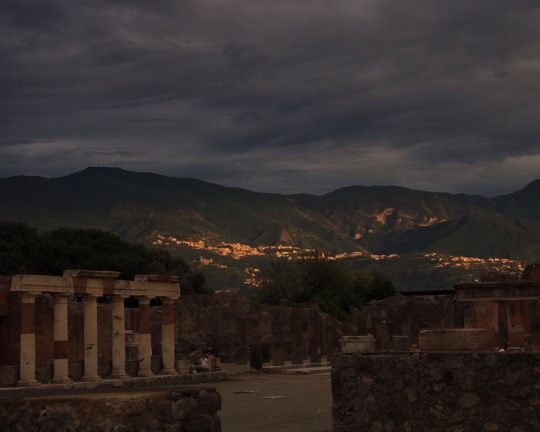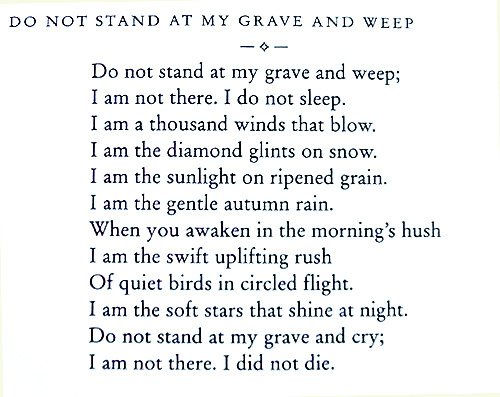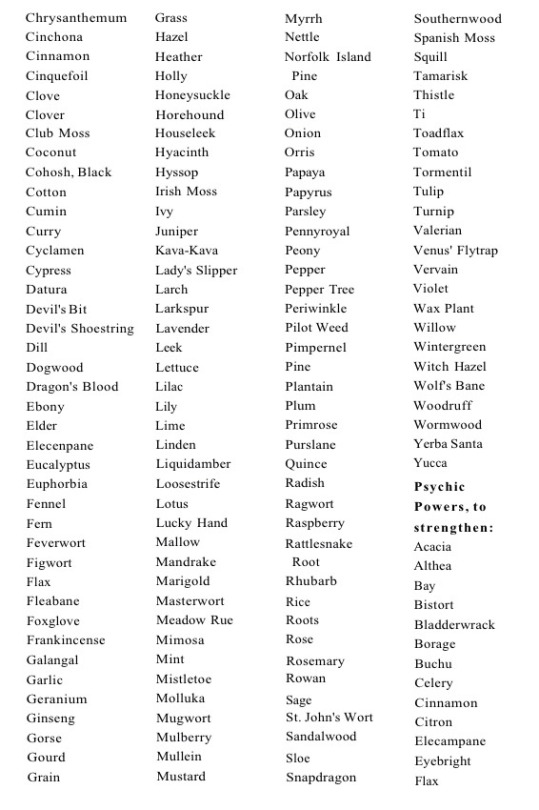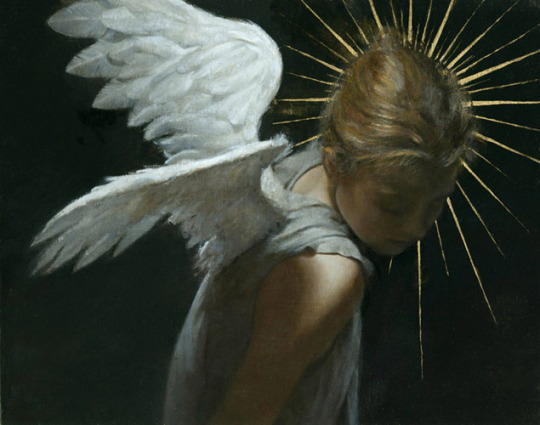abi. 22. sideblog: i follow back from leeonardmccoy. current project // nullifidius (the gods of cats and birds). @kite_writes on twitter.
Don't wanna be here? Send us removal request.
Text


Pompeii, Napels Italy
17K notes
·
View notes
Text
Sometimes, it sounds like an ideal fantasy to me. To be loved,
but not missed, or vice versa. To defy every god, including loss.
To make everything you create your name, and nothing else.
— Lyd Havens, from “Notname,” published in Glass
689 notes
·
View notes
Text

Sophocles, Philoctetes
82K notes
·
View notes
Photo

photo by G. Riebecke, 1929
from The Dog In Photography 1839 - Today
32K notes
·
View notes
Photo

my absolute favourite poem
105K notes
·
View notes
Photo

127K notes
·
View notes
Text
a kind caring character being kind and caring because they actively choose to be despite their anger and trauma will always be infinitely more compelling and relatable than them just being a pure innocent baby uwu
81K notes
·
View notes
Photo




This is from “Old Gays Try Grindr” and i’m dying
257K notes
·
View notes
Photo

#art#words // quote#since i was last here his name has changed... but no matter!#character // apollo#character // fury rage and anger
1K notes
·
View notes
Photo


Solo: A Star Wars Story (2018) dir. Ron Howard
2K notes
·
View notes
Photo









a reference for herbs and their magical uses !!
source :: Cunningham’s Encyclopedia of Magical Herbs (1985)
16K notes
·
View notes
Note
Do you think, red or maybe a middle brown hair would be a good choice if you're trying to make an ancient egyptian character who stands out without their features being completely out of place for the culture? I'm not gonna make then white, I just want them to have features that are distinct enough from the average egyptian without being unrealistic.
Ancient Egypt was a heterogeneous society, which means they had a good number of different skin and hair colours. Especially in the Delta, which was something of a melting pot even from the earliest times thanks to trade. We know Ramses II was a redhead and likely had a much fairer skin than for example Tutankhamun, whose family came from the south. In addition, ancient Egyptians were known to dye their hair with henna and other plant-based dyes.
So red or middle brown hair are perfectly acceptable choices for an ancient Egyptian character that wouldn’t be incongruent with the historical record, but neither would it make a character stand out as something no one would ever have seen before (although red hair would be about as rare as it is now). In fact, you could make your character have dark skin and tightly curled hair, and they would stand out as much as a character with a tan complexion and middle brown hair.
The ancient Egyptian features didn’t entirely default to a olive-to-dark complexion with black hair and dark eyes, and how “the average Egyptian” looked depended entirely on locality. In Upper Egypt, the people would by and large have tended towards the darker end of the spectrum, whereas in Lower Egypt they would have tended towards the lighter. You have to keep that in mind while writing your other characters - you can make this character stand out, but don’t forget to make the other characters have individuality of appearance either. A lighter eye colour here, a different skin colour there goes a long way into building a realistic and historically accurate group of people.
On a related note that you may or may not have considered already, also think critically about why you’re wanting to make your character stand out appearance-wise with hair that leans to the lighter end of the spectrum and how this affects the story. Is it an actual plot point, or does it boil down to “they’re a main character and/or different from the rest and this must reflect in their appearance”?
If you’re writing fiction set in Ancient Egypt and you have a main character with e.g. a paler skin and lighter hair than all the other characters, you definitely have to have a good reason for this, especially if you’re a white author. My own protagonist has hair the colour of pale sand (her skin is dark), and although without that feature the plot would not play out the way it currently does, I rarely mention it and only when it’s useful to do so. Which is twice, I think. It has bearing on the plot, but it’s not a defining part of the story or the character.
74 notes
·
View notes
Text
“There is a language older by far and deeper than words. It is the language of bodies, of body on body, wind on snow, rain on trees, wave on stone. It is the language of dream, gesture, symbol, memory. We have forgotten this language. We do not even remember that it exists.”
— Derrick Jensen, from “Silencing,” A Language Older Than Words (Chelsea Green Publishing, 2004)
4K notes
·
View notes
Text
i just found this website that can randomly generate a continent for you!! this is great for fantasy writers

plus, you can look at it in 3d!

theres a lot of viewing options and other things! theres an option on-site to take a screenshot, so you don’t have to have a program for that!
you can view it here!
317K notes
·
View notes
Link
“There was a time when almost every rural British family who kept bees followed a strange tradition. Whenever there was a death in the family, someone had to go out to the hives and tell the bees of the terrible loss that had befallen the family. Failing to do so often resulted in further loss such as the bees leaving the hive, or not producing enough honey or even dying. Traditionally, the bees were kept abreast of not only deaths but all important family matters including births, marriages, and long absence due to journeys. If the bees were not told, all sorts of calamities were thought to happen. This peculiar custom is known as “telling the bees”.
Humans have always had a special connection with bees. In medieval Europe, bees were highly prized for their honey and wax. Honey was used as food, to make mead—possibly the world’s oldest fermented beverage—and as medicine to treat burns, cough, indigestion and other ailments. Candles made from beeswax burned brighter, longer and cleaner than other wax candles. Bees were often kept at monasteries and manor houses, where they were tended with the greatest respect and considered part of the family or community. It was considered rude, for example, to quarrel in front of bees.
The practice of telling the bees may have its origins in Celtic mythology that held that bees were the link between our world and the spirit world. So if you had any message that you wished to pass to someone who was dead, all you had to do was tell the bees and they would pass along the message. Telling the bees was widely reported from all around England, and also from many places across Europe. Eventually, the tradition made their way across the Atlantic and into North America.“
3K notes
·
View notes

